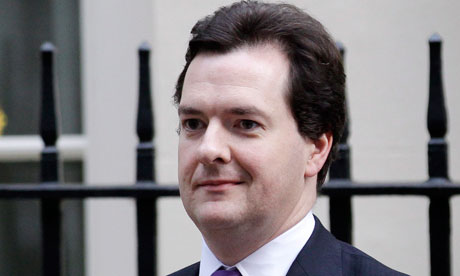Naughty children shall not have their pocket money. So says every right thinking parent, and so says Frau Merkel about the insufferable Greek ruling class. Even if Greece does get its new bail-out, it won’t see the money. Instead, funds are to be held in an escrow account and released to little Johnny as and when he applies himself to various jobs in hand.
I really can’t say I disagree. Brave Dave Cameron has been urging Merkel and Sarko to ‘just bloody well hand over the dosh’, but since it’s not his money and he doesn’t even participate in Europe, he and the Fat Controller would say that.
Escrow, I think, will be a model arrangement for forthcoming bail-outs for Portugal and Italy. Europe has been round the block with Italy already in the 90s over Euro accession and not a thing got done in terms of structural reform. Frau Merkel is leading Europe. In another 20 years people will look back and realise how important this was. (And what a dreary footnote the Brits were.)
Meanwhile, Reuters seems to have arrived at my view of the Monti government’s efforts so far, posted a couple of weeks ago here.
This is the FT on escrow (sub needed).


